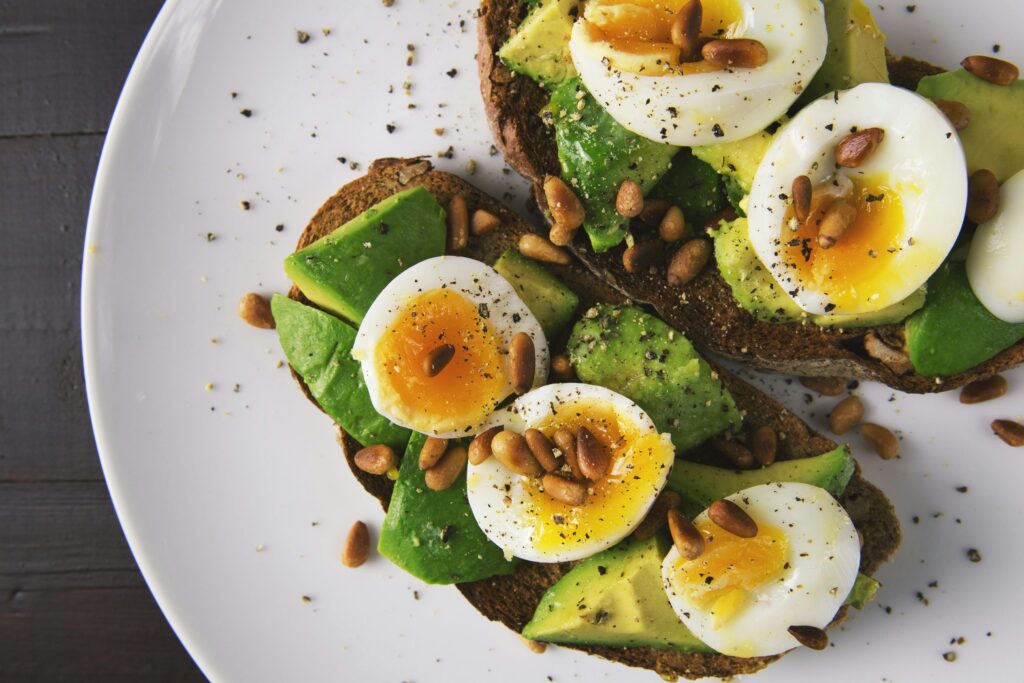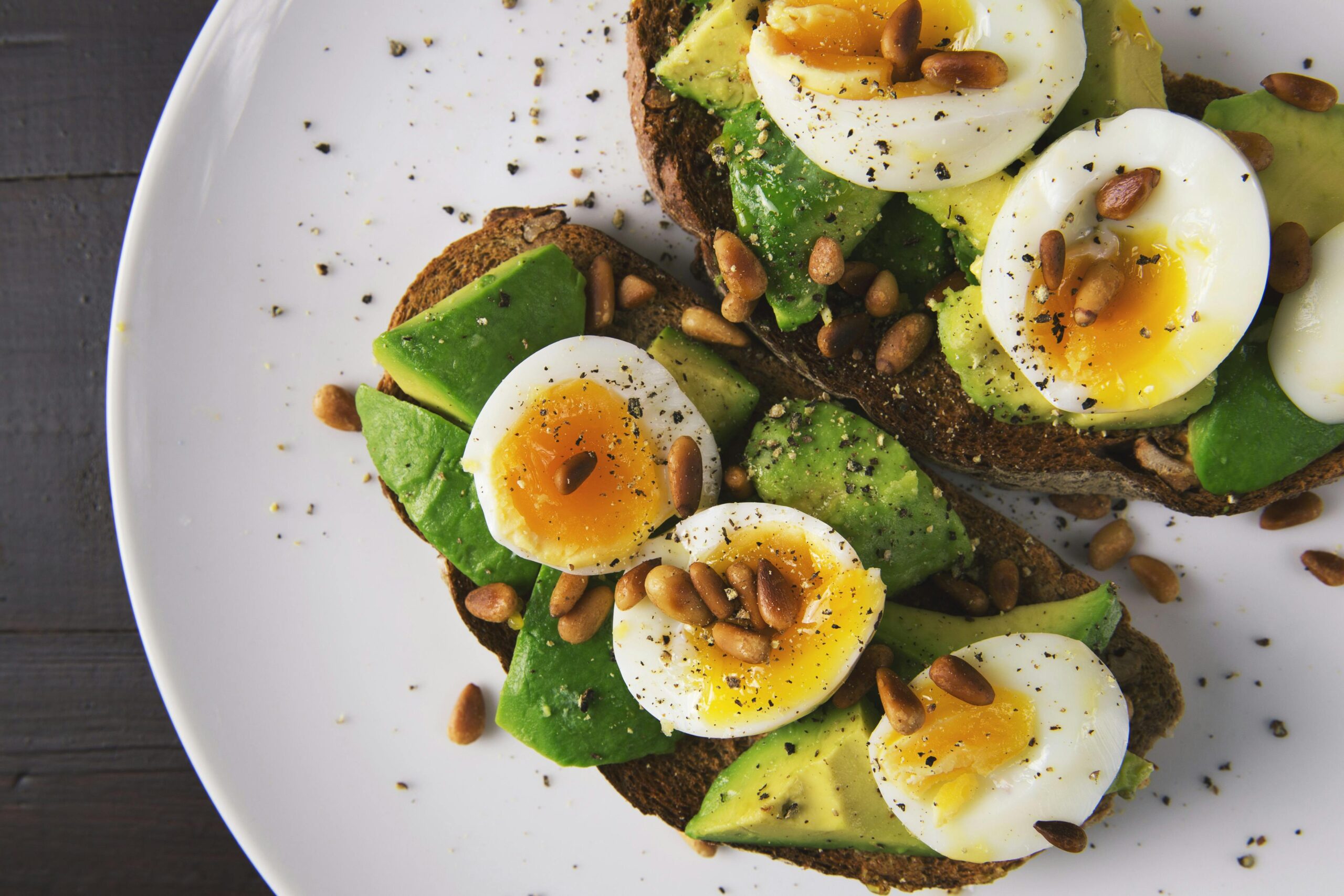Table of Contents
Protein is a fundamental nutrient that plays a crucial role in fitness, muscle growth, recovery, and overall health. Whether you are an athlete, a bodybuilder, or simply someone looking to maintain a healthy lifestyle, understanding the importance of protein in fitness can help you optimize your workouts and achieve your goals effectively.
This comprehensive guide will delve into the significance of protein, its functions in the body, how much you need, the best sources, and how to incorporate it into your fitness routine.

Why Protein Is Essential for Fitness
Protein is one of the three macronutrients, alongside carbohydrates and fats, that the body requires in large amounts. It is made up of amino acids, which serve as the building blocks of tissues, muscles, enzymes, and hormones.
1. Muscle Growth and Repair
When you engage in resistance training or any strenuous physical activity, muscle fibers experience tiny tears. Protein aids in repairing these fibers, leading to muscle growth (hypertrophy) and increased strength over time.
2. Enhanced Recovery After Workouts
Post-workout muscle soreness and fatigue can slow down progress. Protein consumption helps reduce recovery time by replenishing amino acid levels and supporting tissue repair.
3. Supports Metabolism and Fat Loss
Protein has a high thermic effect, meaning the body burns more calories digesting it compared to fats and carbohydrates. This boosts metabolism, promotes fat loss, and helps maintain lean muscle mass.
4. Improves Endurance and Athletic Performance
Protein is essential for endurance athletes as well, as it aids in the repair of muscle tissues damaged during prolonged activities such as running, cycling, and swimming.

How Much Protein Do You Need?
Protein requirements vary depending on factors such as age, gender, activity level, and fitness goals.
1. General Guidelines
- Sedentary individuals: 0.8g per kg of body weight
- Active individuals: 1.2-2.0g per kg of body weight
- Strength athletes & bodybuilders: 1.6-2.2g per kg of body weight
- Endurance athletes: 1.2-1.8g per kg of body weight
For example, a person weighing 70 kg (154 lbs) who engages in regular strength training should consume approximately 112-154g of protein daily.
2. Timing of Protein Intake
To maximize muscle growth and recovery, it’s important to distribute protein intake throughout the day. Some ideal times to consume protein include:
- Pre-workout: Helps fuel your muscles and reduce breakdown during exercise.
- Post-workout: Promotes muscle repair and recovery.
- Before bed: Slows muscle protein breakdown during sleep.

Best Sources of Protein
Protein comes from a variety of sources, including animal and plant-based foods. Choosing high-quality protein sources ensures that you receive all essential amino acids necessary for muscle growth and recovery.
1. Animal-Based Protein Sources
- Lean meats (chicken breast, turkey, lean beef)
- Fish and seafood (salmon, tuna, shrimp)
- Eggs (a complete source of protein and amino acids)
- Dairy products (Greek yogurt, cottage cheese, milk)
- Whey and casein protein powders (fast and slow-digesting options for muscle recovery)
2. Plant-Based Protein Sources
- Legumes (lentils, chickpeas, black beans)
- Quinoa (a complete plant-based protein)
- Tofu and tempeh (soy-based protein options)
- Nuts and seeds (almonds, chia seeds, flaxseeds)
- Plant-based protein powders (pea, hemp, and brown rice protein)
For those following a vegetarian or vegan diet, combining different plant-based protein sources ensures a complete amino acid profile.

How to Incorporate Protein into Your Fitness Routine
1. Protein-Rich Meals for Optimal Performance
Consuming balanced meals with protein, healthy fats, and complex carbohydrates enhances workout performance and muscle recovery. Some examples include:
- Breakfast: Scrambled eggs with whole wheat toast and avocado
- Lunch: Grilled chicken salad with quinoa and nuts
- Dinner: Baked salmon with steamed vegetables and brown rice
2. Protein Supplements: Do You Need Them?
While whole foods should be the primary source of protein, supplements can be beneficial for those who struggle to meet their daily intake requirements. Popular options include:
- Whey Protein: Fast-digesting, ideal for post-workout recovery.
- Casein Protein: Slow-digesting, suitable for nighttime muscle repair.
- Plant-Based Protein Powders: Good for vegetarians and those with dairy intolerance.
3. Hydration and Protein Absorption
Drinking enough water is crucial for proper protein digestion and absorption. Aim for at least 8-10 glasses of water daily to support muscle function and overall health.
Common Myths About Protein and Fitness
1. “More Protein Means More Muscle”
While protein is essential for muscle growth, excessive intake beyond the recommended levels does not automatically lead to more muscle. Proper training, rest, and balanced nutrition are also necessary.
2. “High-Protein Diets Are Bad for the Kidneys”
Research has shown that a high-protein diet does not harm kidney function in healthy individuals. However, those with pre-existing kidney conditions should consult a doctor before increasing protein intake.
3. “You Can Only Absorb a Limited Amount of Protein Per Meal”
While there is a limit to how much protein the body can utilize at one time, spreading protein intake throughout the day ensures optimal absorption and utilization.
Conclusion
Protein is an essential macronutrient that plays a crucial role in fitness, muscle growth, and recovery. Whether you are aiming to build muscle, lose fat, or improve endurance, getting enough high-quality protein from a variety of sources will help you achieve your fitness goals.
By understanding how much protein you need, choosing the best sources, and timing your intake correctly, you can optimize your fitness routine for maximum performance. Remember, protein alone won’t get you results—it must be combined with consistent training, proper hydration, and a balanced diet.
Start incorporating these protein strategies into your daily routine and experience the benefits of improved strength, endurance, and overall fitness!


